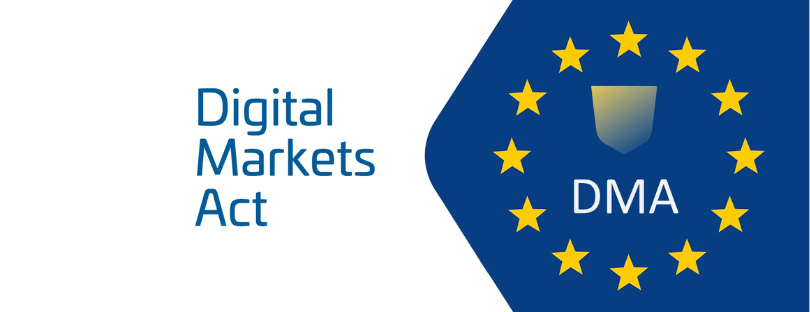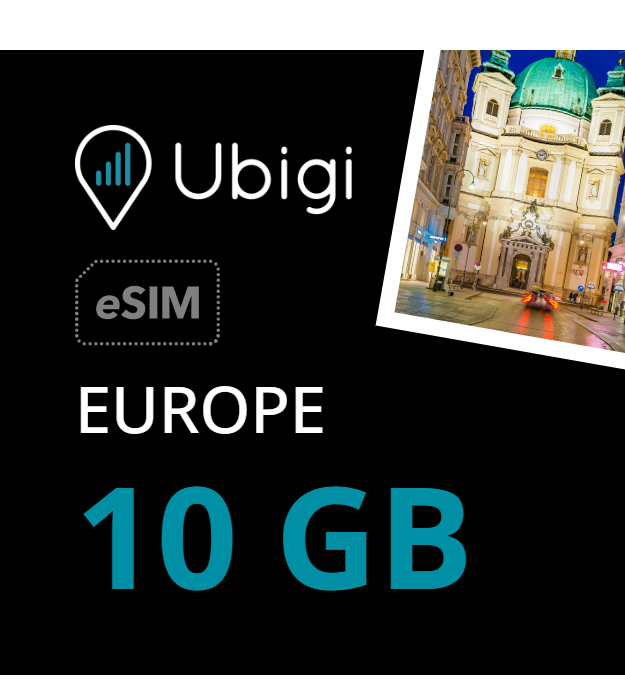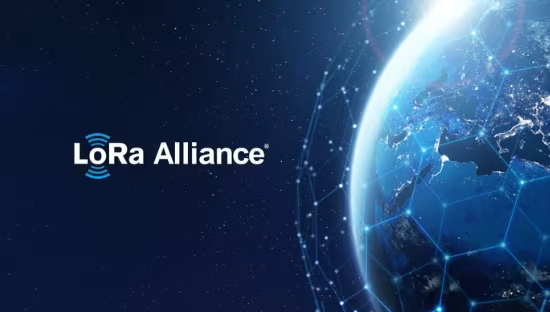
How the EU’s Digital Markets Act Is Quietly Rewriting the Rules of Big Tech
Just 18 months after taking full effect, the European Union’s Digital Markets Act (DMA) is already reshaping how the biggest names in tech operate. What started as a policy to curb “gatekeeper” power has turned into a powerful shift in how Europeans interact with their devices, their apps, and their data.
For years, consumers had little say in which apps or services they used by default. Apple’s Safari was baked into every iPhone, Google accounts were practically synonymous with Gmail, and contactless payments meant Apple Pay—or nothing. But that’s starting to change.
The DMA isn’t just another Brussels regulation. It’s a line in the sand — one that’s putting meaningful choice and competition back into Europe’s digital life.
Greater Control: Browsing Freedom on iOS
When Apple rolled out iOS and iPadOS 18.2 in October 2024, something quietly revolutionary appeared: a choice screen. For the first time, users could select their preferred default browser from a lineup that includes DuckDuckGo, Opera, Ecosia, Brave, and others — not just Safari or Chrome.
Before the DMA, Safari ruled by default. Apple’s design made it inconvenient to switch, and few users even realized they had options. But under the DMA’s rules, the choice screen must remain neutral — no hidden nudges, no “recommended” defaults.
This seemingly small change represents a huge philosophical shift. Instead of preinstalled preferences steering behavior, users now drive the experience. And smaller browser developers finally have a fair shot at visibility on one of the world’s most closed ecosystems.
Default App Freedom: Customizing the Everyday
A few months later, Apple went a step further. With iOS 18.4, users can now replace Apple’s own apps — Maps, Mail, Messages, Camera — with third-party options.
This didn’t happen out of goodwill. It came after the European Commission pressed Apple to address concerns that its “preinstalled advantage” was freezing out competitors. The result is a new “Default Apps” section in Settings, where users can set their own preferences with just a few taps.
It’s a major reversal of a long-standing strategy that favored Apple’s ecosystem over competition. For independent developers, that’s a game changer. For consumers, it’s digital self-determination.
Think about it: instead of Apple Maps, you could default to HERE WeGo or Waze. Instead of Mail, perhaps ProtonMail or Spark. These subtle shifts make the entire iOS experience feel more open — and more personal.
Open Payments: The End of Apple Pay Monopoly
Perhaps the most tangible change yet came in early 2025, when the iPhone’s NFC chip — once locked to Apple Pay — was opened up.
Before this, the NFC antenna that powers tap-to-pay transactions was strictly off-limits to any app except Apple’s own. Under the DMA, that’s now illegal in the EU. Today, payment apps like Vipps in Scandinavia or PayPal in Germany are rolling out tap-to-pay support on iPhones.
This may sound niche, but it’s enormous. It opens the door to innovation in mobile banking, fintech, and local wallets that were previously blocked. It also chips away at one of Apple’s most lucrative moats: the transaction fees from every Apple Pay purchase.
For consumers, it’s about choice. For businesses, it’s about breaking free from a single gatekeeper’s toll booth.
Freedom from Gmail: Google’s Quiet Shift
Alphabet, too, has had to make changes. One of the more subtle but important adjustments is how users create Google accounts.
Until recently, creating a Google account meant getting a Gmail address — whether you wanted one or not. That automatically tied millions of users to Google’s email ecosystem, reinforcing its dominance.
Now, thanks to the DMA, Europeans can sign up for Google accounts with any email address. That’s not just a user experience tweak; it’s a direct response to the DMA’s ban on “self-preferencing” and “tying” practices.
It’s a rare admission from Google that openness is no longer optional. And while this might seem like a minor detail, it’s one of the clearest examples of regulation actually working in practice.
Watching the Watchdogs
Behind the scenes, organizations like BEUC (The European Consumer Organisation) are making sure tech giants stay on track.
BEUC’s researchers have filed 17 detailed submissions to the European Commission since March 2024, flagging potential non-compliance across platforms. Their reports, backed by consumer testing and direct engagement with EU regulators, have been instrumental in shaping the next wave of enforcement.
Two public summaries—released in September and November 2024 — highlight where companies still fall short. More are expected soon, as BEUC pushes for transparency and accountability in how gatekeepers implement their obligations.
This oversight is crucial. Without watchdogs, even the most ambitious regulation risks being diluted by half-measures and clever loopholes.
The Bigger Picture: Europe’s New Digital Confidence
Eighteen months in, it’s clear the Digital Markets Act isn’t symbolic — it’s systemic. It’s making daily digital life more open, less manipulated, and, frankly, more human.
Europe has often been criticized for regulating rather than innovating, but the DMA may mark a turning point. While the U.S. continues to debate antitrust reforms, and countries like Australia and Japan experiment with piecemeal measures, the EU has gone all-in on rebalancing the digital economy.
Already, there are early signs that this model is spreading. The UK’s Digital Markets, Competition and Consumers Act (DMCC) draws heavily from the EU framework. Canada and South Korea are considering similar “gatekeeper” rules.
If this trend continues, the DMA could become the template for global tech fairness—much like the GDPR did for data privacy.
Final Thoughts: The Future Belongs to the Open
The DMA is not perfect. Implementation is slow, and enforcement will always lag behind innovation. But for the first time in years, Big Tech is adapting to consumers — not the other way around.
Apple’s openness to third-party payments, Google’s account flexibility, and the rise of neutral choice screens all point in the same direction: a digital world that’s fairer, freer, and more competitive.
As analyst Ben Bajarin noted in Tech.pinions, “What Europe is building isn’t anti-American tech — it’s pro-consumer, and that distinction matters.”
And that’s perhaps the biggest win of all. Not punishment, but progress. Not regulation for its own sake, but a clear message: the internet belongs to its users again.












